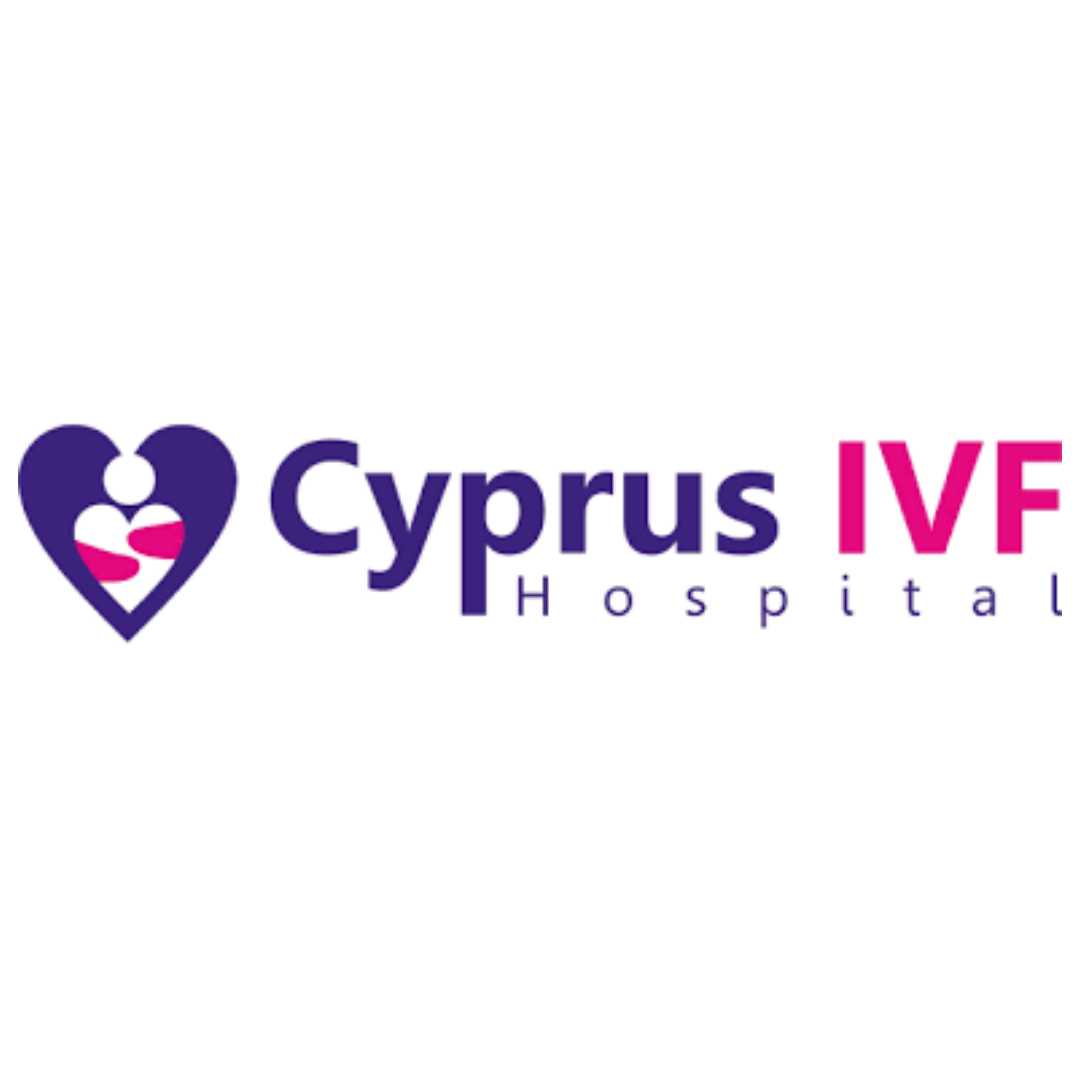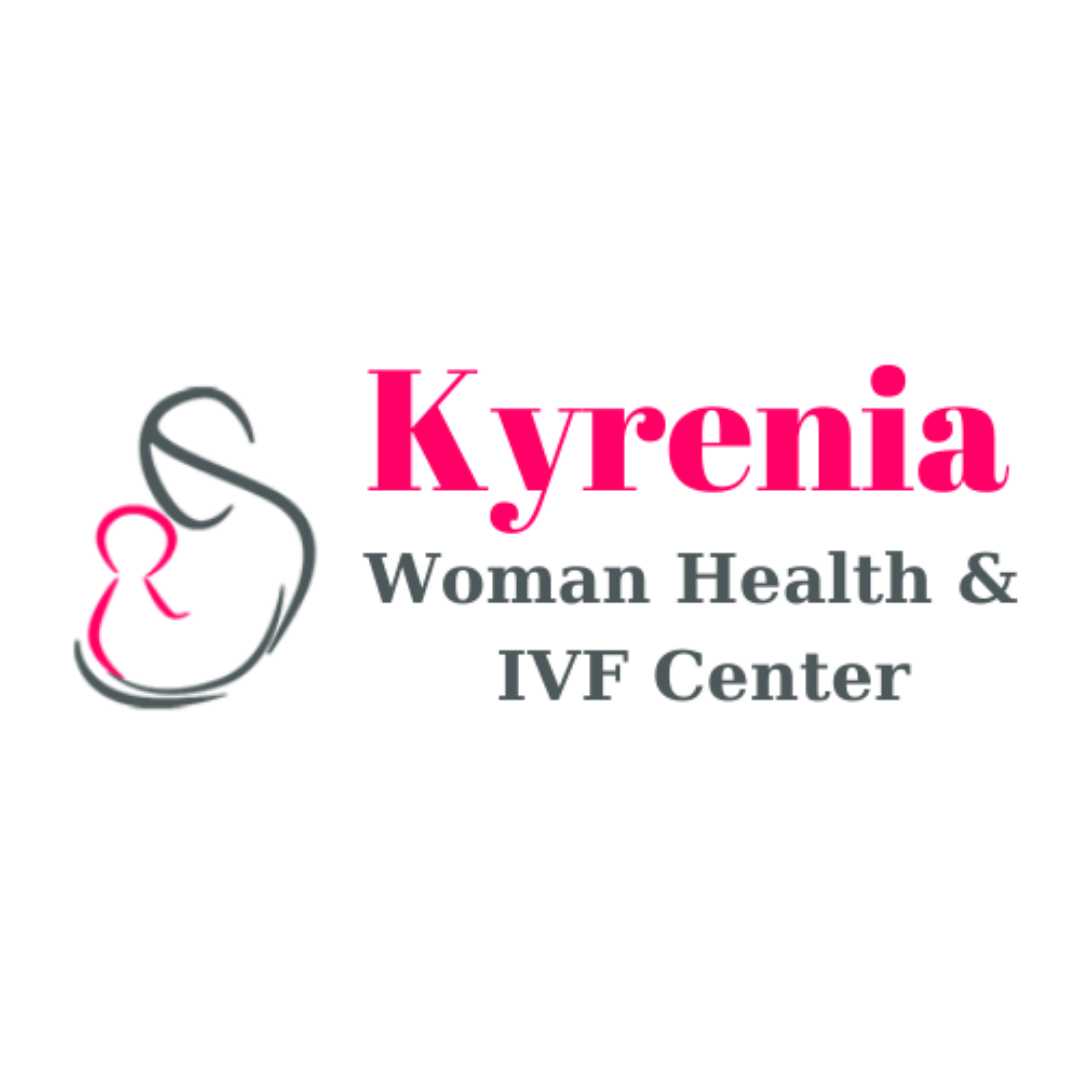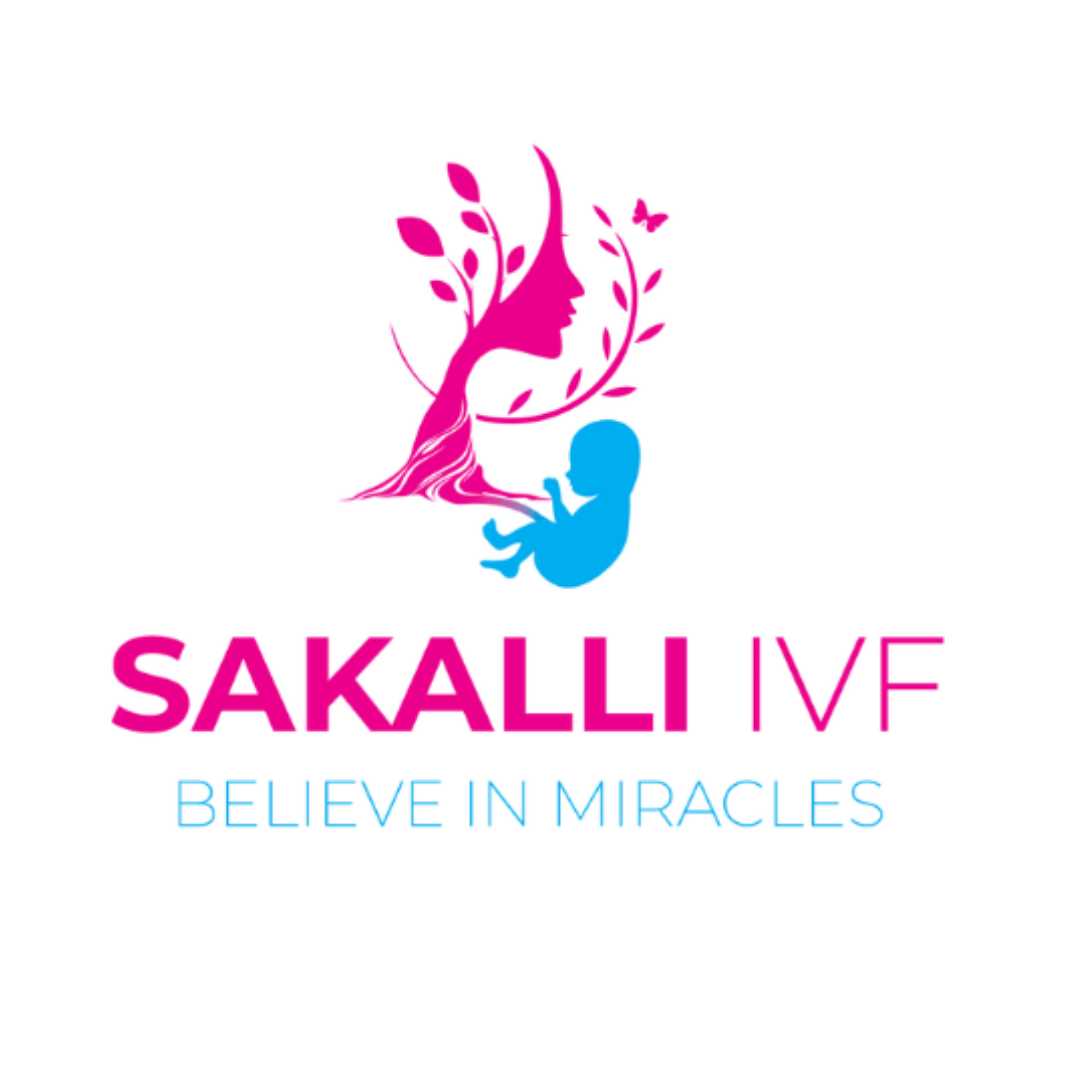A Guide to IVF in Cyprus - Success Rates & Costs

Dreaming of starting or growing your family through IVF often comes with a world of questions, and a big one is: where should you go for treatment? Cyprus has become a popular destination for fertility tourism, but how do its success rates stack up against other European countries? The short answer is that IVF in Cyprus is highly competitive, with success rates often rivaling and sometimes exceeding those of other popular European destinations, particularly when considering factors like age and the use of donor eggs. However, a direct comparison isn't always straightforward due to differences in how clinics report their data.
This blog post will explore the success rates of IVF in Cyprus compared to other European countries, breaking down the numbers and what they mean for you. We'll delve into the various factors that influence these rates, the legal landscape in Cyprus, and what you can expect in terms of cost. Our goal is to provide you with a clear and comprehensive understanding to help you make an informed decision on your fertility journey.
How are IVF Success Rates Measured?
"IVF success rates can be measured in several ways, including pregnancy rate per embryo transfer, live birth rate per IVF cycle, and cumulative success rates over multiple cycles. It's crucial to understand which metric a clinic is using to get a clear picture of their performance."
When you see a clinic advertising high success rates, it's important to dig a little deeper. A pregnancy rate simply indicates that a pregnancy was confirmed, often through a blood test. However, not all pregnancies result in a live birth. The live birth rate is a more telling statistic, as it reflects the number of babies born.
Furthermore, success rates can be presented per embryo transfer, which only considers the cycles where an embryo was successfully transferred to the uterus. This will naturally be a higher number than the rate per IVF cycle started, which includes cycles that may have been canceled before transfer. Cumulative success rates offer a broader perspective, showing the likelihood of success over multiple IVF attempts. Always ask for detailed, age-specific data to understand the statistics relevant to your situation.
What are the Reported IVF Success Rates in Cyprus?
"IVF clinics in Cyprus often report high success rates, with some claiming pregnancy rates of 60-70% or even higher, especially for younger women or with donor egg cycles. These rates are a significant draw for international patients."
Clinics in both North and South Cyprus publicize impressive success rates. For women under 35 using their own eggs, it's not uncommon to see reported success rates per embryo transfer in the range of 60% to 70%. For women over 40, or those with diminished ovarian reserve, the success rates with their own eggs will be lower, which is a biological reality everywhere.
However, Cyprus has become a major hub for donor egg IVF, and here the success rates are particularly noteworthy. Many clinics report success rates of 70% or higher for donor egg cycles. This is because egg donors are typically young and healthy, leading to a higher chance of successful implantation and pregnancy.
How Do Cyprus's IVF Success Rates Compare to the UK?
"While the UK has excellent fertility clinics, IVF success rates in Cyprus, particularly for donor egg treatments, are often reported to be higher. This, combined with lower costs, makes Cyprus an attractive option for many UK patients."
Direct comparisons can be tricky due to differing reporting standards. The UK's Human Fertilisation and Embryology Authority (HFEA) provides standardized data for all UK clinics, which offers a high level of transparency. For the 2019-2020 period, the average live birth rate per embryo transferred in the UK was around 32% for patients under 35.
In contrast, many Cypriot clinics, while not always part of a centralized reporting system, often advertise higher success rates, especially on a per-transfer basis. The key difference often lies in the availability and affordability of treatments like donor egg IVF, which can significantly boost overall success rates for a clinic.
What about Cyprus vs. Spain for IVF?
"Both Cyprus and Spain are top European destinations for IVF, offering high success rates and liberal laws regarding egg donation. The choice between them often comes down to personal preference, specific clinic expertise, and cost."
Spain has long been a leader in fertility tourism in Europe, known for its high-quality clinics and excellent success rates, particularly in major cities like Barcelona and Madrid. Success rates in Spain are comparable to those in Cyprus, especially for treatments involving donor eggs.
The decision between Cyprus and Spain might be influenced by factors beyond just the headline success rates. You might consider the overall cost of treatment and travel, the specific experience of the clinic with your particular fertility issue, and the cultural and logistical aspects of traveling to either destination.
What about Other European Countries?
"Countries like the Czech Republic and Greece also offer competitive IVF success rates and are popular choices for fertility treatment. Cyprus remains a strong contender, often with the advantage of more liberal regulations and shorter waiting times."
The Czech Republic is another popular destination known for its affordable IVF and good success rates, often in a similar range to Cyprus and Spain. Greece also boasts a thriving fertility tourism industry with many reputable clinics.
When comparing, it's essential to look at the specifics. For example, some countries may have stricter age limits for women undergoing IVF, or more regulations around egg and sperm donation. Cyprus, particularly North Cyprus, is known for its more liberal approach, which can be a significant advantage for some patients.
What Factors Influence IVF Success Rates?
"A woman's age is the single most important factor affecting IVF success rates. Other key factors include the cause of infertility, the quality of the eggs and sperm, the expertise of the embryology lab, and the specific IVF protocols used."
Understanding the variables at play can help you interpret success rates more accurately. Here's a breakdown of the main factors:
- Age: As a woman ages, the quantity and quality of her eggs decline, which directly impacts the chances of a successful pregnancy.
- Cause of Infertility: The underlying reason for infertility, whether it's male factor, female factor, or unexplained, can influence the outcome.
- Egg and Sperm Quality: The viability of the embryos created is heavily dependent on the quality of the eggs and sperm.
- Embryology Laboratory: The skill and technology within the embryology lab play a crucial role in the development and selection of healthy embryos.
- Uterine Health: The health of the uterus is vital for successful embryo implantation.
- Lifestyle Factors: Smoking, alcohol consumption, and being significantly overweight or underweight can all negatively impact IVF success.
Why are Donor Egg IVF Success Rates Higher in Cyprus?
"The high success rates for donor egg IVF in Cyprus are largely due to the use of young, healthy egg donors and the advanced screening processes in place. This provides a significant advantage for women who are unable to conceive with their own eggs."
Cyprus has become a center of excellence for donor egg IVF. The reasons for the high success rates are multi-faceted:
- Anonymous and Readily Available Donors: Cyprus has a large pool of anonymous egg donors, which means shorter waiting times for recipients.
- Young and Healthy Donors: Donors are typically in their 20s, the peak age for fertility, ensuring high-quality eggs.
- Comprehensive Donor Screening: Donors undergo rigorous medical and genetic screening to ensure they are healthy and have a good ovarian reserve.
- Advanced Laboratory Techniques: Cypriot clinics utilize the latest technologies for fertilization and embryo culture.
What are the IVF Laws and Regulations in Cyprus?
"The legal framework for IVF in Cyprus is generally more liberal than in many other European countries, particularly regarding age limits and egg donation. This makes it an accessible option for a wider range of patients."
There are some differences in regulations between South Cyprus (the Republic of Cyprus) and North Cyprus.
- South Cyprus: As an EU member, it adheres to EU tissue and cell directives. The legal age limit for women undergoing IVF is 50. Egg and sperm donation is anonymous.
- North Cyprus: Known for its particularly liberal laws. The age limit can extend up to 55 in some clinics with specific health checks. Donation is also anonymous, and it is a popular destination for single women and same-sex couples seeking treatment.
Is IVF in Cyprus Cheaper than in Other European Countries?
"Yes, the cost of IVF in Cyprus is generally more affordable than in countries like the UK and the US, and is competitive with other popular European destinations like Spain and the Czech Republic."
The lower cost of living and operational expenses in Cyprus contribute to more affordable treatment packages. A standard IVF cycle with your own eggs in Cyprus can be significantly less expensive than in the UK. When it comes to donor egg IVF, the cost savings can be even more substantial.
It's important to get a detailed breakdown of what is included in the price, as costs for medication, consultations, and additional procedures can vary between clinics.
What Should I Look for in a Fertility Clinic in Cyprus?
"Look for a clinic with experienced doctors and embryologists, transparent and detailed success rates, positive patient reviews, and international accreditations."
Choosing the right clinic is crucial for your success. Here are some key things to consider:
- Experience and Expertise: Research the qualifications and experience of the medical team.
- Transparency: A reputable clinic will be open about their success rates and provide you with data relevant to your age and diagnosis.
- Technology and Facilities: Inquire about the laboratory's technology and standards.
- Patient Support: Good communication and emotional support are vital throughout the IVF process.
- Reviews and Testimonials: Look for feedback from previous international patients.
Are there Waiting Lists for IVF in Cyprus?
"One of the significant advantages of seeking IVF treatment in Cyprus is that there are generally no long waiting lists, especially for donor egg IVF."
In many countries, patients can face lengthy waits for both initial consultations and for finding a suitable egg donor. The streamlined processes and large donor pools in Cyprus mean that treatment can often begin much sooner. This can be a huge relief for those who are eager to start their journey to parenthood.
How Do I Choose Between North and South Cyprus for IVF?
"The choice between North and South Cyprus may depend on specific legal nuances, clinic preferences, and travel logistics. Both regions have high-quality clinics and experienced professionals."
While the quality of care is high in both parts of the island, there are some differences to consider. North Cyprus is often noted for its even more liberal regulations and potentially lower costs. South Cyprus, being in the EU, may offer a sense of familiarity and legal reassurance for some patients. Researching clinics in both areas and comparing what they offer is the best approach.
Ready to explore your fertility treatment options in Cyprus and beyond? PlacidWay can connect you with leading fertility clinics around the world, providing you with the information and support you need to make the best choice for your family. Explore your possibilities today.




.png)



.png)
.png)
.png)
.png)
.png)






Share this listing